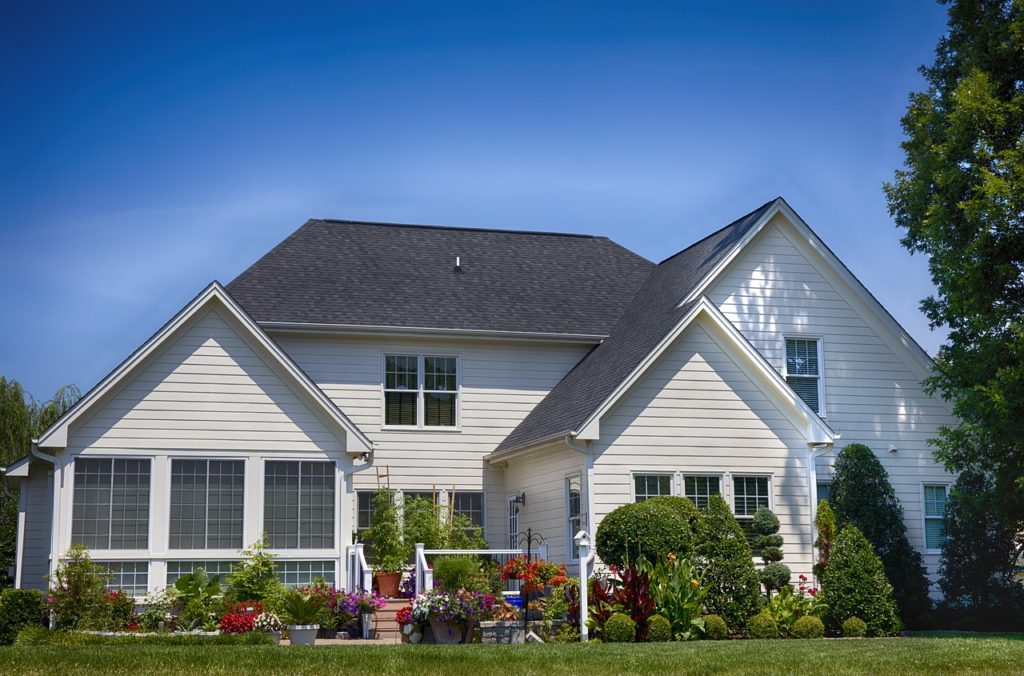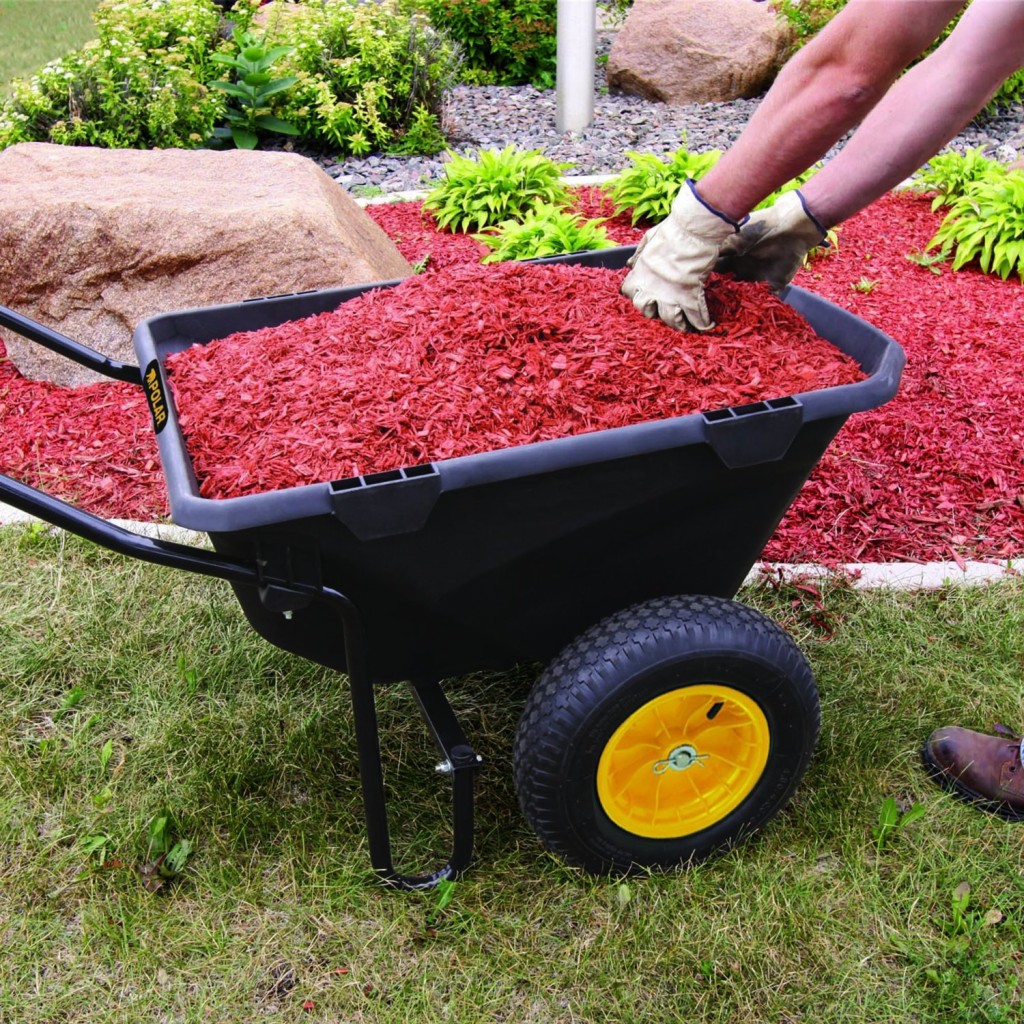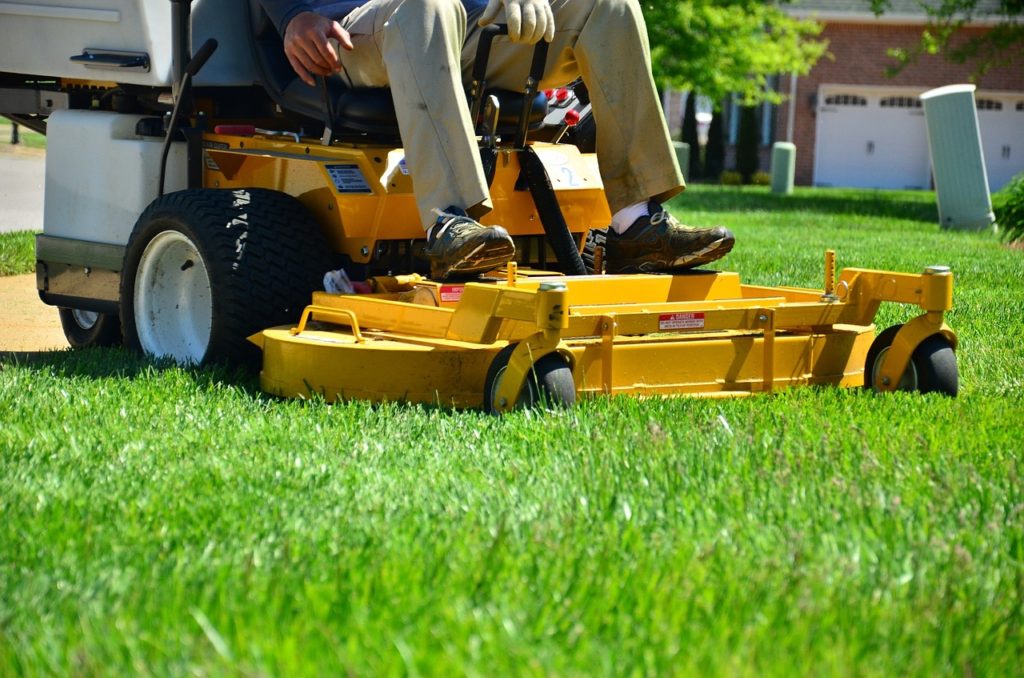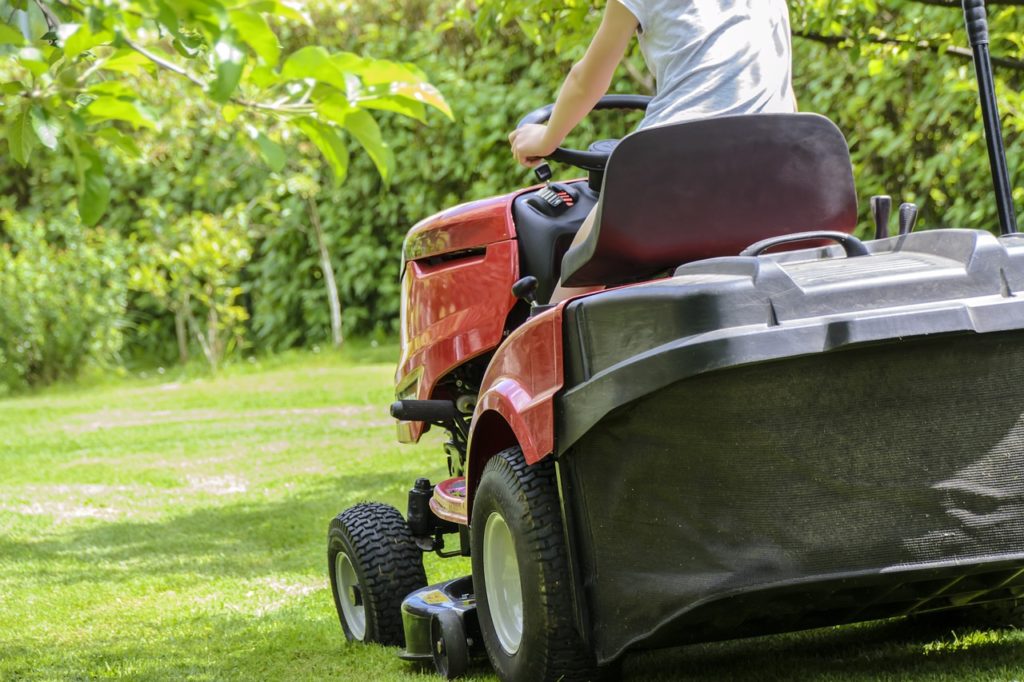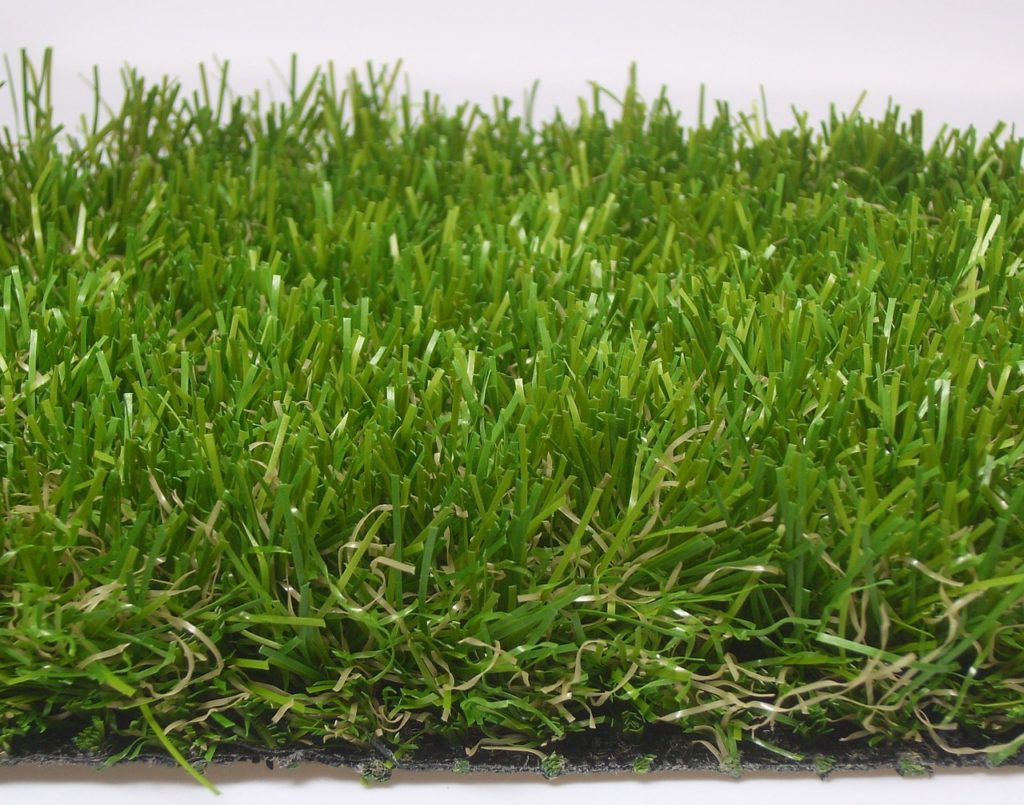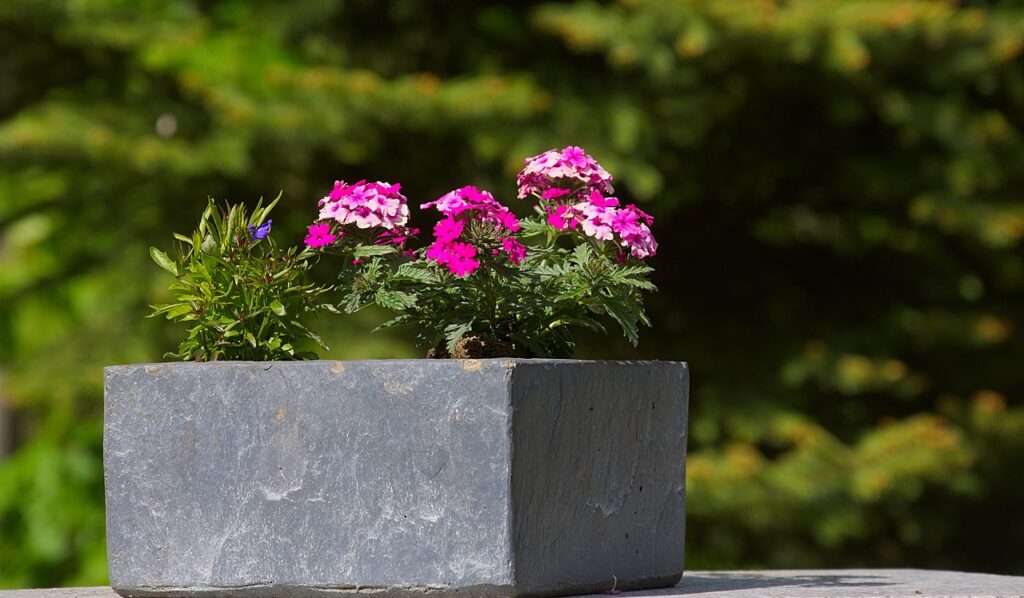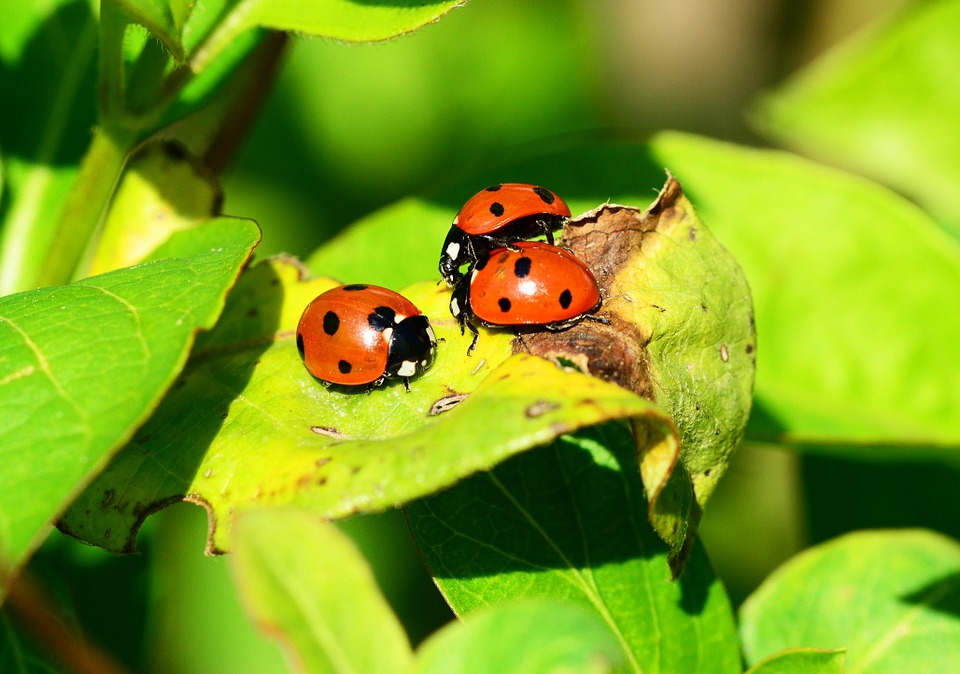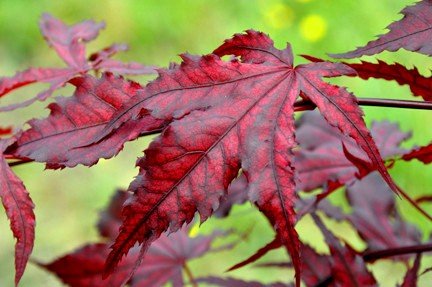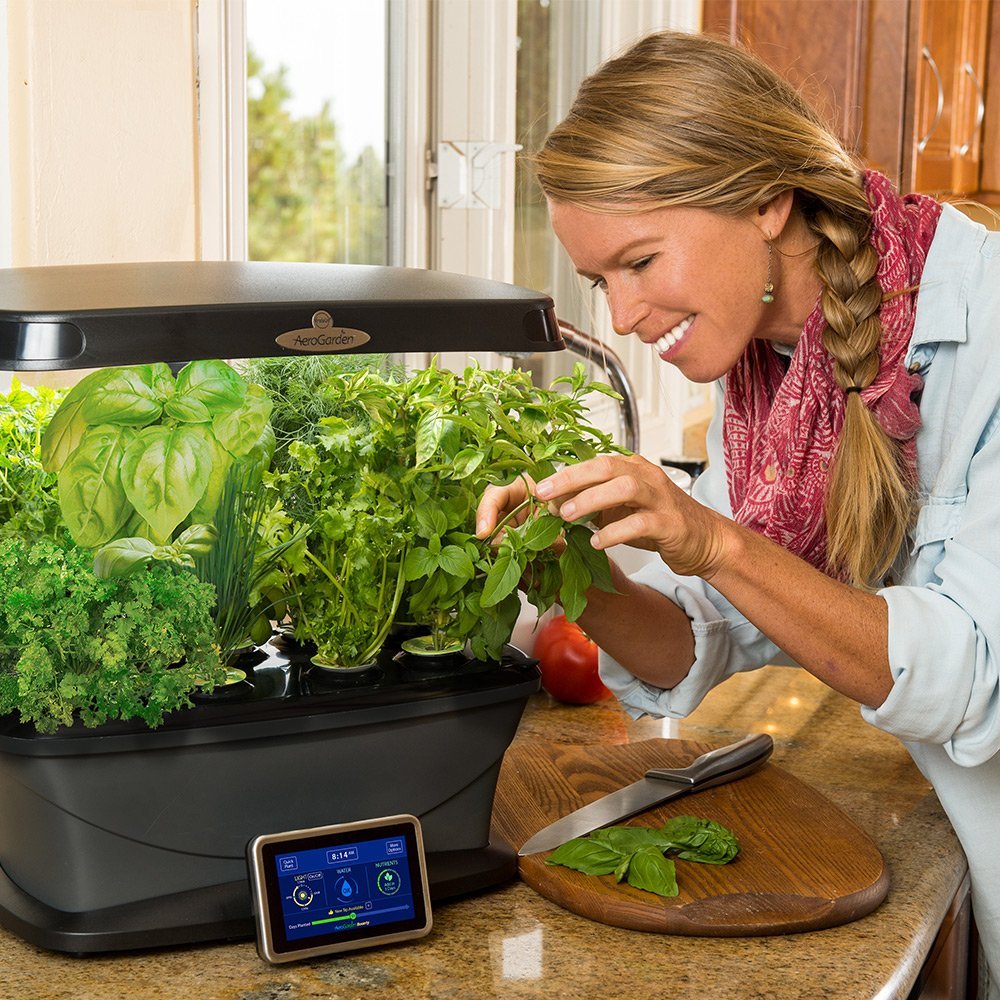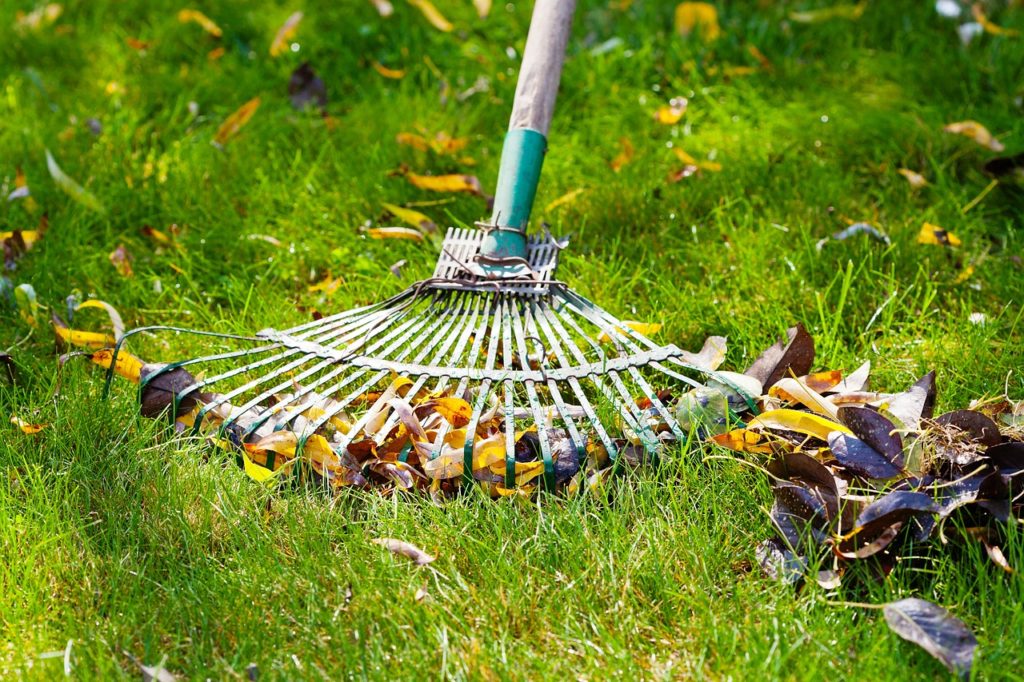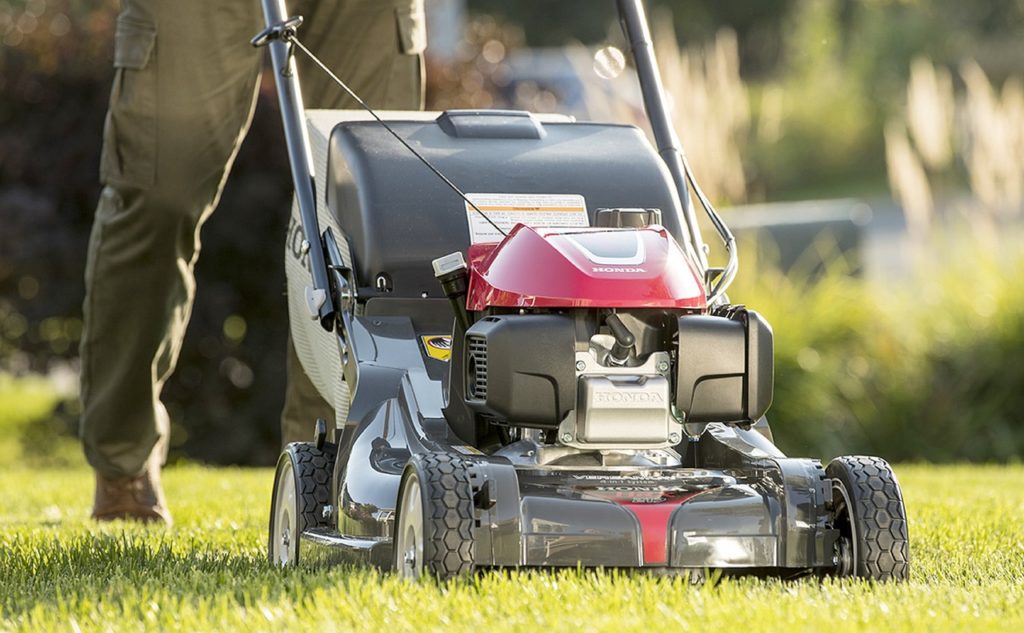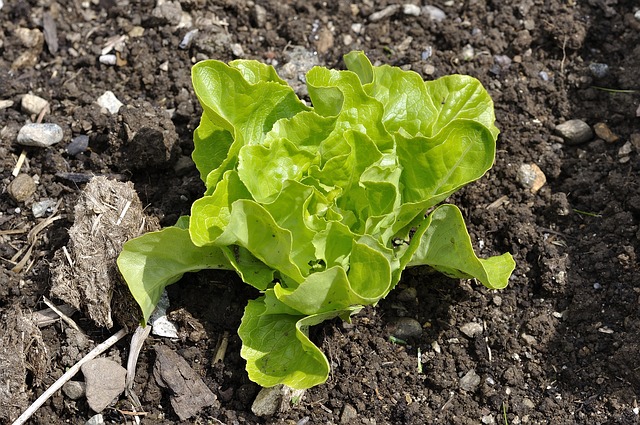
Composting has many excellent benefits. It allows you to recycle organic material which can then be used to help to enhance your soil. And of course, it’s an environmentally friendly way to reduce trash. But before you get started you’ll need to know what not to compost.
Human Feces
Human feces can contain dangerous disease pathogens and sometimes parasitic worms. For these reasons it is not generally composted although it technically can be if it is allowed to age and is properly treated.
However, with the associated risks involved it is therefore not recommended for the average gardener. On the other hand, adding urine to compost is safe. In fact, urine can give your compost a big nitrogen boost and is completely sterile.
Pet Feces
Feces from pets such as dogs, cats, and birds should not be used in your compost. Despite the fact that dog waste does contain many nutrients it can contain parasites that are dangerous for humans. Dog poop compost can also be quite messy.
A much better idea are dog waste bins. Many of these are designed to function similarly to an in-ground septic tank. Cat litter and waste should be kept out of your compost pile as well. Cat feces may contain roundworms which are particularly dangerous for children.
Toxoplasma gondii can also sometimes be found in cat feces. When it is transmitted to a woman that’s pregnant it can cause severe damage to her unborn baby. Feces from pet birds may also carry potential diseases. And because of the birdseed that they eat it can cause weeds to grow in your compost.
Diseased Plants
Many plant diseases such as blight and clubroot can be extremely persistent. It can take up to around one hundred and eighty degrees Fahrenheit to kill disease pathogens and most compost piles will not reach such high temperatures. So to keep diseases from spreading to your garden diseased plants should be burned. Burying them is also an option.
Weeds
Composting weeds is typically okay if they haven’t yet flowered or produced seeds. If they have don’t add them to your pile as seeds will most likely remain dormant when composted and then germinate when added to your soil in the future.
Most compost simply doesn’t get hot enough to destroy weed seeds. Specific weeds such as creeping buttercup, ground elder, and couch grass should be burned. If they are added to your compost they will be sure to multiply.
Anything Toxic
Do not add any toxic materials to your compost. (Knowing where your materials come from can help to make sure this doesn’t happen accidentally.) This includes plants and soils which have been sprayed with herbicides or insecticides. When near busy roadways many plants can actually become coated with harmful lead emissions as well. So to be on the safe side and don’t add plants from these types of locations.
Items That Won’t Decompose Easily
Many items just take too long to break down. Big pieces of wood, shells from various types of seafood, and rags are all examples of things not to compost. Pruning from trees should be chopped up or put through a chipping machine first if they will be added.
That’s because their bark contains lignin which is much harder for bacteria to break down. Make sure to shred heavy cardboard if you would like to add it as well.
Too Many Acidic Items
People often wonder can you compost orange peels and other acidic fruits. The answer is yes and this also goes for other acidic materials like oak leaves and pine needles too.
However, you won’t want to do so in very large amounts unless you are adding something to neutralize them such as limestone. If you have large quantities of acidic materials you may want to set up a separate compost pile specifically to supply your acid-loving plants.
Grease And Oil
While smaller amounts of grease and oil in compost are fine, such as the amount the average house would normally get rid of, anything more than that should be avoided. Not only can grease and oil attract backyard pests of many different types and smell bad, but they can also slow down many of the essential processes that are at work in your compost.
Be sure to follow the basics of composting and use this list of what not to compost. If you do, you’ll quickly be on your way to producing the black gold your garden craves.
Start Shopping for Composting Supplies!
Landscaping Specialists Share Tips For Achieving A Garden That Is Easy To Care For
Unknown to most property owners, a healthy, beautiful landscape won’t require many resources for its maintenance. With the adequate planning and the proper usage of resources, you can actually build an enticing landscape without requiring much of your effort and time....
Frugal Landscaping —Lawn Specialists Share 6 Great Tips
Landscaping is one of the things you can do to enhance the aesthetic value of your property. However, it can be quite a costly effort; you can spend hundreds of dollars for every little change you wish to apply to the layout of your lawn or garden. So, forget...
Lawn Care Experts Share Some Reasons For A PH Test
Over-fertilization is among the biggest mistakes property owners make when it comes to lawn care. In turn, this can lead to damages and unnecessary costs. To ensure the health of your lawn, you need to be very generous and quick in using lawn tonics. Putting too much...
Lawn Care 101
A uniform appearance gives a classic look to any home however your lawn has to be carefully maintained to preserve its original look and feel. Lawn care advice from a pro will help keep property looking its best. Experienced professionals understand what grass will...
Lawn Saver – Artificial vs Natural Turf
Every backyard needs a lush expanse of green lawn, or so we’re told. However, with brutal climates and droughts keeping a lawn alive, let alone thick and green, can be more of a struggle than it’s worth. This is why so many people these days are turning instead to...
The Best Advice For Picking Patio Planters
Adding planted containers to your patio space is a guaranteed way to increase its looks. With containers available in countless textures, designs, shapes, colors, and sizes it really allows you to get creative with how you want your space to look. Here are some tips...
Green Tips for a Green Garden
Unwanted pests and unwanted weeds are always popping up in the garden. These can ruin flowers or other plants around the yard. Instead of using dangerous chemical pesticides as a means of pest control, there are organic alternatives that work just as well. Here are...
The Top Tips For Choosing Patio Trees
No one wants their patio to look like a barren wasteland especially if it’s somewhere they spend a lot of time. While natural stone, outdoor tiles, and brickwork can all be very attractive, to make them truly complete all patios need some surrounding trees. Luckily...
Kitchen Gardens For Beginners
Within the last few years, both organic foods and farmers’ markets have exploded in popularity. This in turn has attracted many homeowners to the idea of kitchen gardens. While they were much more common years ago when growing your own food was the norm, today they...
Top Tips When Looking For The Best Landscaping Services
Owning a beautiful and well-furnished home is among the most important considerations that everyone aspires to achieve. It is certain that getting expert landscaping services can prove a challenge because most of those self-proclaimed experts fail to deliver what is...
How to Hire Landscaping Services
When someone is looking for a new home, one of the first things they will see is the exterior of the home. Proper landscaping can significantly boost your property value. Most homeowners can handle the basic maintenance of a landscaped yard, but getting to that point...
